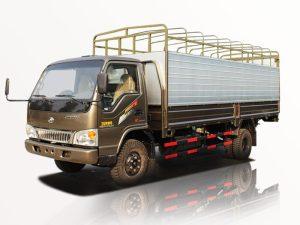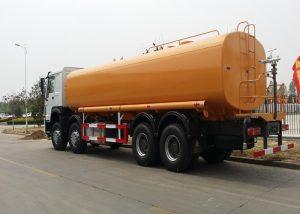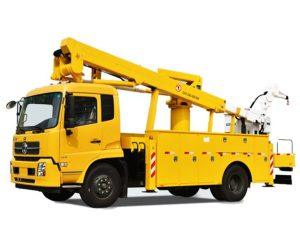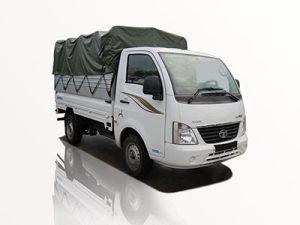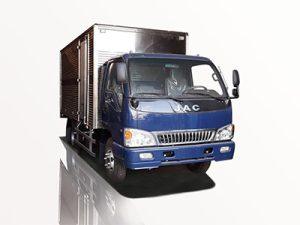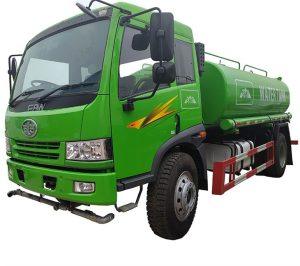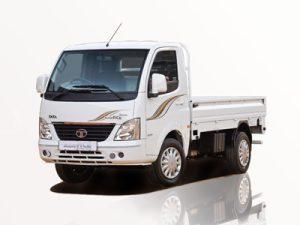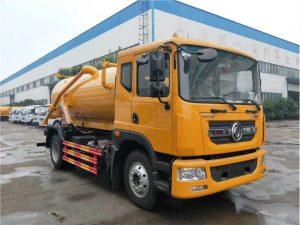Monday to Saturday - 8:00 -17:30
Single Axle Roll Off Truck for Sale: Your Comprehensive Guide
When it comes to waste management and hauling tasks, a single axle roll off truck is an indispensable asset for both businesses and individual contractors. Known for their versatility, efficiency, and maneuverability, these trucks are increasingly popular in various sectors. If you’re searching for a “single axle roll off truck for sale,” you’ve come to the right place. This guide will cover everything from features and benefits to tips for purchasing and maintenance.
Understanding Single Axle Roll Off Trucks
Single axle roll off trucks are designed to transport containers used in waste disposal and industrial applications. Unlike traditional trucks, these vehicles utilize a specialized hydraulic system that allows for the quick loading and unloading of containers, streamlining waste management processes.
What is a Roll Off Truck?
A roll off truck primarily features a hydraulic system that enables the roll-off or roll-on capability of a container. This is particularly useful for construction sites, large events, or any application that requires flexibility in waste management.
Benefits of Single Axle Roll Off Trucks
- Maneuverability: The smaller size of single axle trucks makes them ideal for tight spaces.
- Cost Efficiency: Fuel consumption is generally lower compared to larger trucks.
- Load Capacity: Efficiently handles various load capacities, suitable for both residential and commercial needs.
- Ease of Use: Designed for straightforward operation, even for those new to driving commercial vehicles.
How to Choose the Right Single Axle Roll Off Truck
Buying a single axle roll off truck involves several critical considerations. Here’s what you should look for:
1. Load Capacity
The load capacity of your truck is essential. Most single axle roll off trucks can handle anywhere from 10,000 to 20,000 pounds. Assess your typical load to ensure you select a truck that meets your needs.
Table: Common Load Capacities
| Truck Model | Load Capacity (lbs) | Container Size |
|---|---|---|
| Model A | 10,000 | 10 yard |
| Model B | 15,000 | 15 yard |
| Model C | 20,000 | 20 yard |
2. Engine Size and Fuel Type
Select an engine that fits your usage. Diesel engines are standard for their durability and efficiency, but gasoline options are available for lighter applications. Consider long-term operational costs when making your choice.
3. Hydraulic System Efficiency
The hydraulic system directly affects the truck’s functionality. Look for robust systems that offer quick loading times and smooth operation. Maintenance is key; select brands known for reliability.
4. Brand Reputation
Brands with a positive reputation for quality and service, such as Kenworth, Freightliner, and International, are responsible for manufacturing reliable trucks. Research user reviews and ratings to gauge performance.
5. New vs. Used Trucks
Decide whether to purchase a new or used truck. While new trucks come with warranties and the latest technology, used options can be budget-friendly. Ensure used trucks are thoroughly inspected for wear and tear.
Pricing Considerations
Understanding the market price for single axle roll off trucks is vital for making an informed purchase.
1. Average Prices
The price for a new single axle roll off truck typically ranges from $50,000 to $75,000. Used models may cost between $25,000 and $50,000, depending on age, condition, and mileage.
2. Factors Influencing Price
- Age and Condition: Older models may provide savings but might incur higher maintenance costs.
- Mileage: Higher mileage can indicate more wear, while lower mileage suggests longevity.
- Included Features: Additional features such as advanced safety systems or upgraded hydraulics can increase the price.
3. Where to Buy
Consider various avenues for purchasing a roll off truck:
- Dealerships: Offer new models with warranties.
- Auction Houses: Great for finding used trucks at lower prices.
- Online Marketplaces: Websites like eBay, Craigslist, and specialized trucking sites provide a wide range of options.
Financing Options for Purchasing
Financing a single axle roll off truck is achievable through several avenues. Understanding your options can make a significant impact on your purchase decision.
1. Traditional Bank Loans
Banks offer competitive rates for financing commercial trucks. Be prepared with your business information and financial statements.
2. Equipment Financing Companies
These lenders specialize in providing financing specifically for heavy equipment. They may offer flexible terms suited for trucks.
3. Leasing Options
If you prefer not to commit to buying, consider leasing. Leasing can provide lower payments and maintenance packages.
Table: Financing Options Comparison
| Option | Pros | Cons |
|---|---|---|
| Traditional Bank Loan | Lower interest rates | Lengthy approval process |
| Equipment Financing | Quick approval | Higher interest rates |
| Leasing | Lower initial costs | No ownership after period |
Maintenance Tips for Your Roll Off Truck
Owning a single axle roll off truck requires regular maintenance to ensure longevity and performance. Here are several tips to keep your vehicle in optimal shape:
1. Routine Inspections
Conduct thorough inspections every month. Check brake systems, hydraulic fluid levels, and tire conditions to spot issues before they escalate.
2. Fluid Changes
Regular oil changes, as well as hydraulic fluid and coolant changes, are essential for optimal engine performance. Follow manufacturer guidelines for intervals.
3. Tire Care
Monitor tire pressure and tread depth. Properly inflated tires improve fuel efficiency and handling. Replace tires showing excessive wear immediately.
4. Brake Checks
Brakes are critical for safety. Regularly check and replace brake pads and rotors based on wear. Unresponsive brakes can cause dangerous situations.
5. Wash and Wax
Keeping your truck clean not only promotes a professional appearance but also prevents rust and corrosion. Regularly wash and wax the truck to protect the paint and undercarriage.
Practical Examples of Usage
Understanding how single axle roll off trucks function effectively in real-life scenarios is critical. Here are some examples:
1. Construction Sites
In construction, roll off trucks are utilized to promptly remove debris, soil, and waste. Their ability to operate in tight spaces is advantageous on busy job sites.
2. Recycling Services
Many recycling organizations employ single axle roll off trucks to gather recyclable materials from various locations. Its efficiency in loading and unloading makes it cost-effective.
3. Residential Cleanouts
Typically, homeowners or rental properties utilize roll off trucks for spring cleaning or after significant renovations. The ability to place a container in a driveway allows for a hassle-free cleanout experience.
4. Special Events
Festivals and large events often generate substantial waste. Having a roll off truck on-site ensures that waste is managed efficiently, leading to a cleaner and safer environment.
Frequently Asked Questions (FAQ)
1. What is the best brand for a single axle roll off truck?
Reputable brands include Kenworth, Freightliner, and International. They are known for durability and reliability.
2. How do I determine the right load capacity for my needs?
Consider the materials you will be transporting. Consulting with a knowledgeable dealer can help you select the appropriate capacity.
3. What maintenance should I perform regularly?
Regular checks on oil levels, hydraulic fluid, brake systems, and tires should be done. Adhere to manufacturer recommendations for servicing intervals.
4. Can I use a single axle roll off truck for long-distance hauling?
While single axle trucks are primarily designed for local loads, they can handle long-distance jobs if necessary, but consider weight restrictions based on local regulations.
5. Are single axle trucks more fuel-efficient than tandem axle trucks?
Generally, yes. Single axle trucks consume less fuel due to their size and weight, which can result in lower operational costs.
6. Is it worth buying a used single axle roll off truck?
A used truck can be a cost-effective choice if thoroughly inspected. Just be cautious of maintenance history and overall condition.


